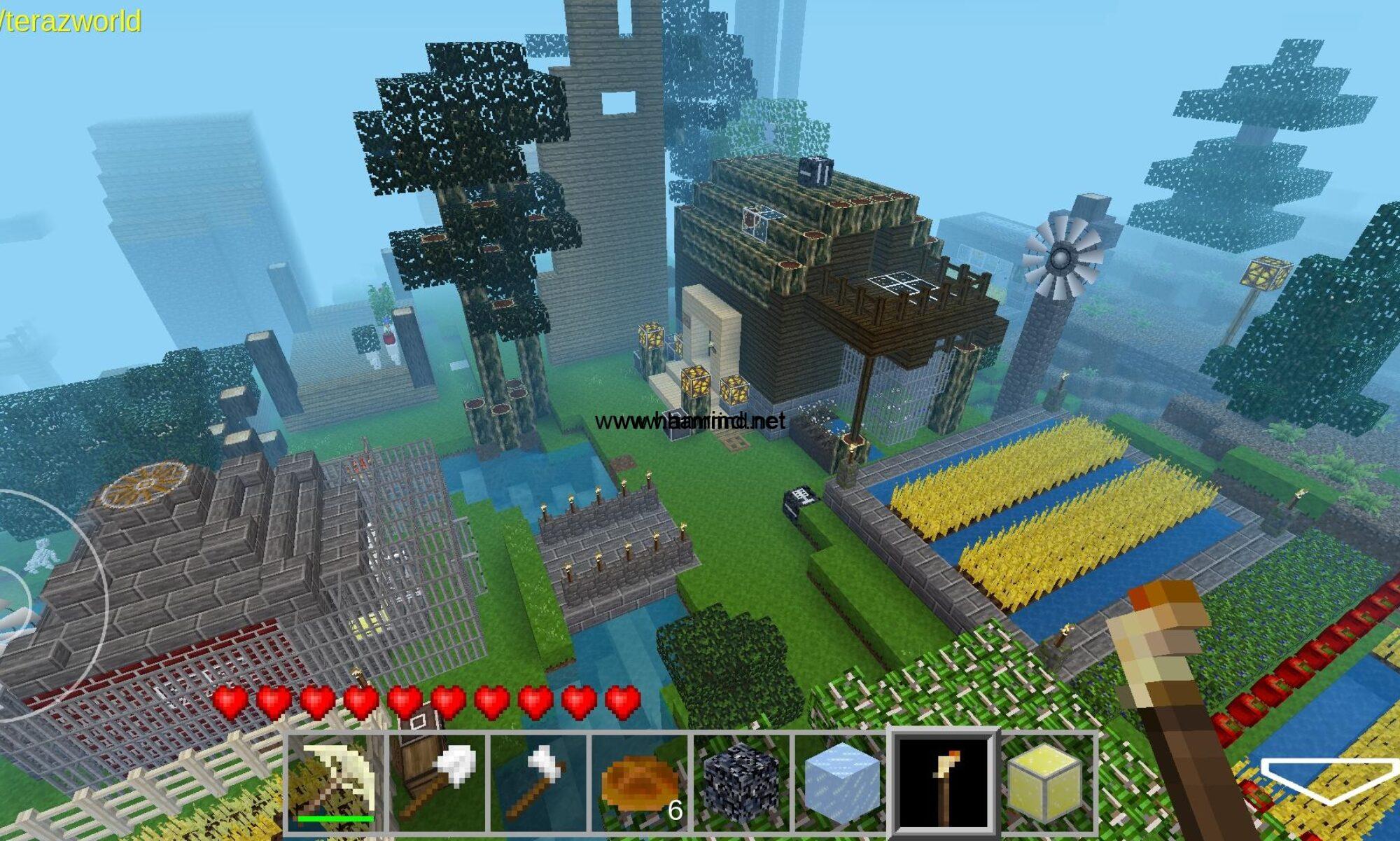-
Table of Contents
The Fascinating Concept of Time Travel Machines
Time travel has long captivated the human imagination, inspiring countless stories, theories, and scientific inquiries. The idea of a time travel machine, a device that allows individuals to traverse the fabric of time, has been a staple of science fiction literature and film. But what does science say about the possibility of such machines? In this article, we will explore the concept of time travel machines, the theories that support their existence, and the implications of time travel on our understanding of the universe.
Theoretical Foundations of Time Travel
Time travel is not merely a figment of fiction; it has roots in serious scientific theories. The most notable of these is Albert Einstein’s theory of relativity, which fundamentally changed our understanding of time and space.
- Special Relativity: According to Einstein’s special relativity, time is not a constant. It can be affected by speed. As an object approaches the speed of light, time for that object slows down relative to an observer at rest. This phenomenon is known as time dilation.
- General Relativity: Einstein’s general relativity introduces the concept of spacetime, where gravity can warp the fabric of time. This leads to the idea that massive objects can create “time wells,” potentially allowing for time travel under certain conditions.
These theories suggest that time travel could be possible, at least in theory. However, the practical application of these concepts remains a significant challenge.
Fiction vs. Reality: Time Travel Machines in Popular Culture
Time travel machines have been popularized in various forms of media, each presenting unique interpretations of how they might work. Some notable examples include:
- The TARDIS: From the British television series “Doctor Who,” the TARDIS (Time and Relative Dimension in Space) is a time machine that can travel to any point in time and space.
- The DeLorean: In the “Back to the Future” film series, a modified DeLorean car serves as a time machine, requiring a specific speed to activate time travel.
- The Time Turner: In J.K. Rowling’s “Harry Potter and the Prisoner of Azkaban,” Hermione Granger uses a magical device called a Time Turner to attend multiple classes at once and alter events.
These fictional representations often overlook the complexities and paradoxes associated with time travel, such as the famous “grandfather paradox,” where a time traveler could potentially prevent their own existence by altering past events.
Scientific Pursuits: The Search for Time Travel Machines
While time travel remains largely theoretical, some scientists are actively exploring the possibilities. Notable research includes:
- Wormholes: Theoretical passages through spacetime that could connect distant points in time and space. If stable wormholes could be created, they might serve as shortcuts for time travel.
- Cosmic Strings: Hypothetical one-dimensional defects in spacetime that could warp the fabric of the universe, potentially allowing for time travel if manipulated correctly.
- Quantum Mechanics: Some interpretations of quantum mechanics suggest that time may not be linear, opening up possibilities for time travel at the quantum level.
Despite these intriguing theories, practical time travel remains elusive. Current technology and understanding of physics do not allow for the creation of a functioning time travel machine.
Implications of Time Travel
The implications of time travel are profound, raising questions about causality, free will, and the nature of reality itself. If time travel were possible, it could lead to:
- Historical Alterations: The ability to change past events could have catastrophic consequences for the present and future.
- Ethical Dilemmas: The moral implications of altering time could lead to complex ethical debates.
- Scientific Discoveries: Time travel could provide insights into historical events, allowing scientists to study the past firsthand.
Conclusion
While the concept of a time travel machine remains firmly in the realm of science fiction, the theories and discussions surrounding it continue to inspire both scientists and dreamers alike. From Einstein’s groundbreaking theories to the imaginative portrayals in popular culture, time travel challenges our understanding of reality and invites us to ponder the mysteries of the universe. As we advance in our scientific endeavors, who knows what the future may hold? The dream of time travel may one day transition from fiction to reality, reshaping our understanding of time itself.

